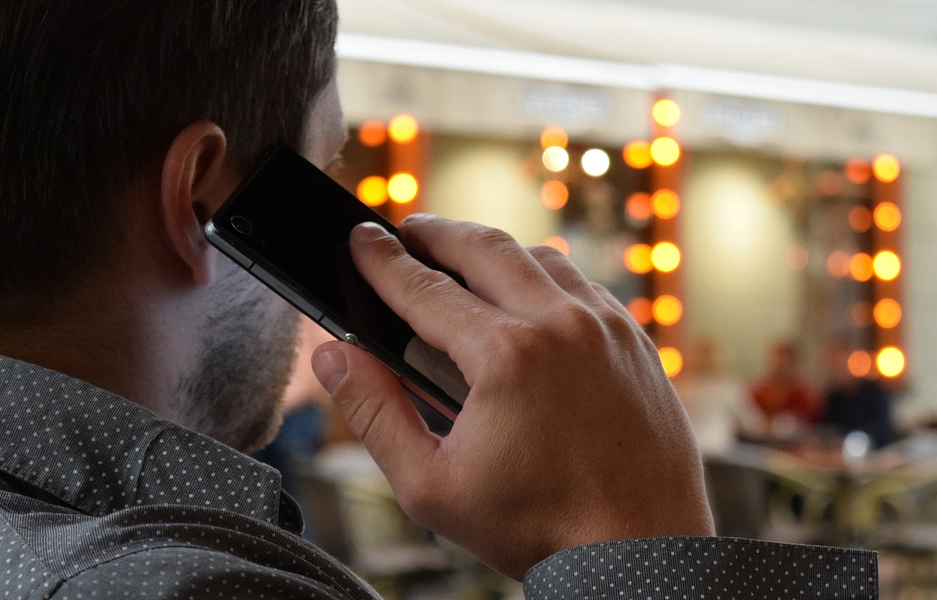The New Telecom Policy, which is expected to be out in March 2018 will make the internet more affordable in the country. Telecom minister Manoj Sinha revealed that the policy will focus on providing affordable internet access to 1.3 billion Indians and also facilitate domestic manufacturing to curb dependence on imports.

Speaking with Economic Times, Sinha said that the call drop issues are already addressed in India and the market now filled with improved quality services. “Internet to all will be the basic principle and to give a boost to telecom manufacturing would be a key factor in the new telecom policy,” Sinha said.
The new telecom policy will meet the government's ambitious Digital Indian program. "The new telecom policy will address sector issues and make them future-proof with the onset of disruptive technologies such as fifth generation (5G) and artificial intelligence (AI)," ET wrote in the report.
“The new policy will be forward-looking and current challenges of new technologies such as Internet of Things (IoT) and artificial intelligence will be taken care of,” Sinha added. It is also expected that analysts and the industry estimate high-speed data services with cross-industry IoT applications and AI-driven services, could have 20% more additional revenue opportunity.
“Service providers have upgraded the network and there is a substantial improvement in call drops and service quality." He also urged that operators should continue expanding the network infrastructure like how they're doing it now.
Earlier in June 2017, Manoj Sinha met top executives of the Indian telecom operators, who prepared an action plan for 100 days and full year respectively. In the same action plans, operators are looking to deploy 60,000 base transceiver stations and spend a whopping Rs. 12,000 crore for network expansion.
"Operators, according to the telecom department, have met the goal and have added 3.49 lakh base stations with the optimisation of 4.08 lakh mobile towers in a year," cites the report.
BSNL already awarded a deal to Finnish gear maker Nokia and Chinese gear maker ZTE Corporation to install at least 40,000 Base Transceiver Stations (BTS) to expand its mobile network.
Call drops are still a major affair for Indian consumers. Although a recent survey showed an 8% improvement in consumer satisfaction for the call drops, several users are still plagued with enormous call drop issues. “The inter-ministerial group has submitted its report and there were earlier discussions with telecom service providers too. IMG recommendations will be considered by Telecom Commission and a decision taken,” the minister said.
Sinha also rejected claims about alloting 700 MHz spectrum for BSNL to implement high-speed 4G services by saying: “As per policy, we can’t give spectrum to BSNL administratively.”















